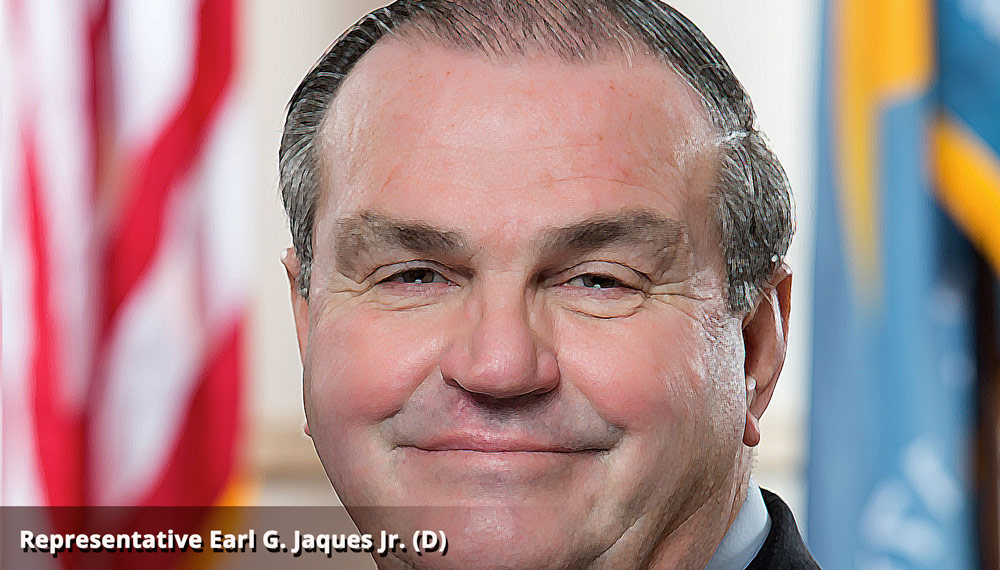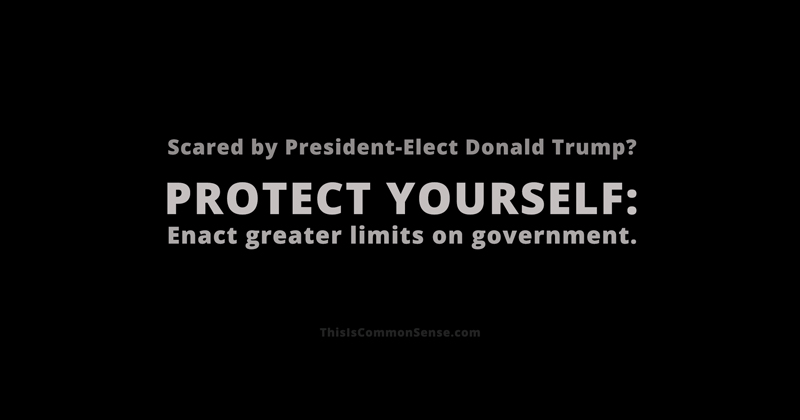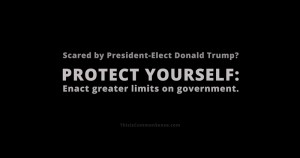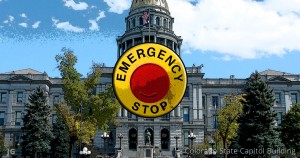One problem with American politics? Far too many decisions get made by the federal government.
Not only is the Washington Leviathan removed geographically from most citizens, it’s also completely devoid of the direct democratic checks available to voters in most American cities and roughly half of U.S. states: initiative, referendum, and recall.
At the state and local level, we can often respond directly to unpopular government actions with a ballot measure or a recall campaign. And these local efforts can at times impact our national government — even international policies.
That’s what happened last Tuesday in Green Township in Mecosta County, Michigan, when voters recalled their entire township board — sending all five remaining board members packing after a sixth member had already resigned.
Back in April, spurred on by Gov. Gretchen Whitmer’s cheerleading, Michigan lawmakers approved $175 million in “taxpayer incentives” [read: subsidies] to help Gotion Inc. “build a $2.4 billion electric vehicle battery plant.”
Public uproar was not merely over the subsidy but also because the company’s parent company, Gotion High Tech, is based in China.
“We don’t want it here. It’s dangerous. We’re zoned agricultural, and they’re trying to re-zone our property,” said resident Lori Brock. “There’s nothing that’s been truthful about this.”
When it became clear that, in addition to state legislators not listening, local officials showed more interest in making a deal than being transparent with citizens, Brock filed a petition to recall the board.
And the rest is hist … well, not so fast. Township officials continue to say the deal is done. To which Brock pledges, “We’re moving forward with lawsuits against Gotion.”
Because voters were able to express themselves, there is hope.
This is Common Sense. I’m Paul Jacob.
Illustration created with DALL-E2 and PicFinder
—
See all recent commentary
(simplified and organized)











